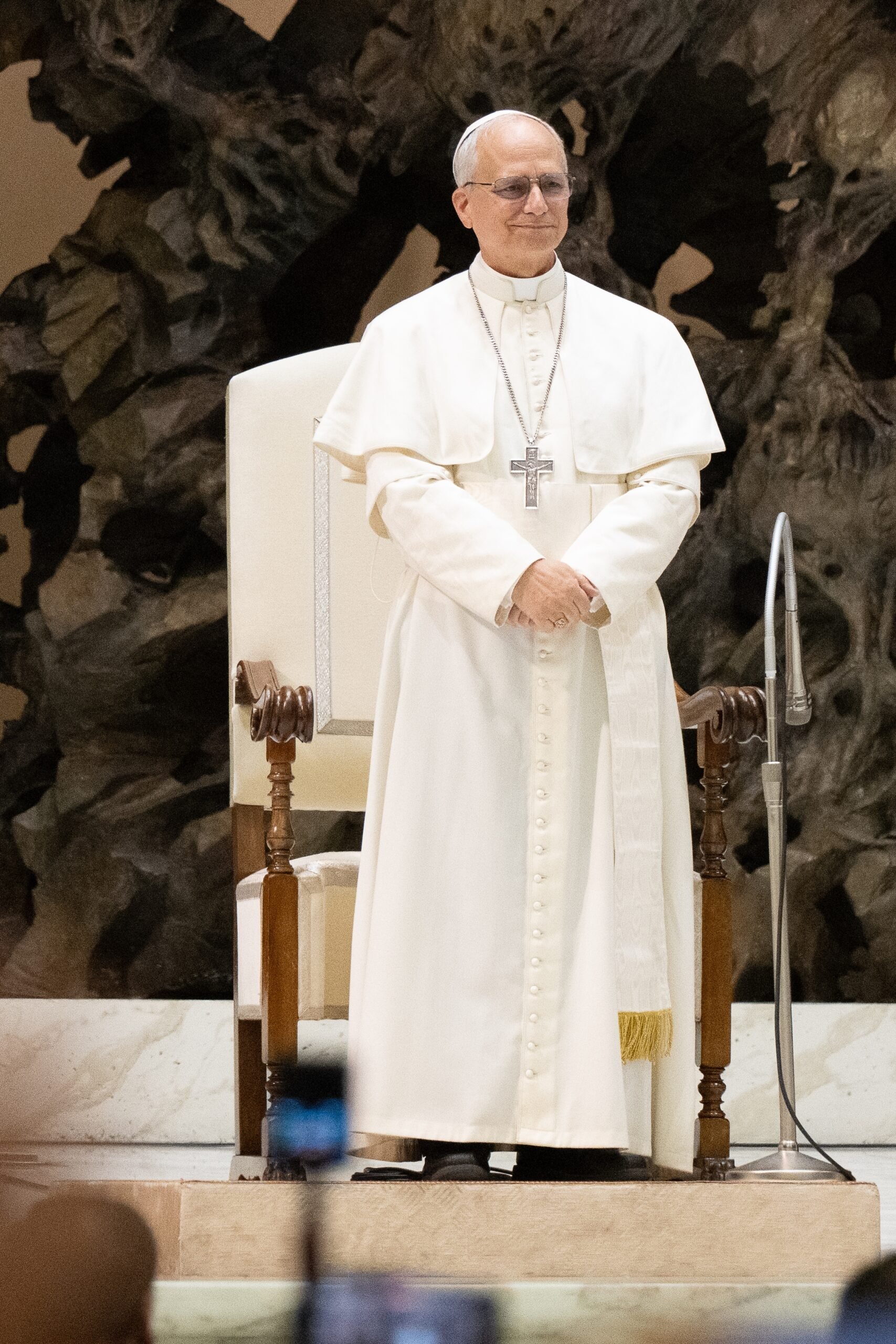Democrats Wake Up And Vow To Obstruct Trump
PoliticusUSA is a wholly independent and ad-free publication thanks to the support of our readers. You can support us by becoming a subscriber.
Since Election Night 2024, Democrats have had trouble agreeing on how to respond to the Trump win. The disagreement evaporated in a sea of rage after Trump tried to freeze all federal funding.
Democrats quickly agreed on a counteroffensive that involves blocking Trump at every turn.
Axios reported on the Democratic strategy:
-
Make noise: Jeffries’ messaging arm urged House Dems to hold press conferences and go live on social media. Schumer’s Dems audibled today’s press conference from Jan. 6 pardons to Trump’s spending freeze.
-
Block bills: Senate Dems filibustered a GOP bill sanctioning the International Criminal Court (ICC). Democrats were resigned yesterday that they’d be jammed on the bill. Now they know they can increase their negotiating position if they stay unified.
-
Protest votes: Nearly two dozen Senate Democrats voted against Transportation Secretary Sean Duffy’s confirmation, a day after the chamber voted unanimously to advance his nomination.
-
Lawsuits: A federal judge blocked Trump’s spending freeze plans this afternoon. But all day, Democrats decried Trump’s move. The lawsuit will give them time to create a narrative about the real-world impact of the cuts. Meanwhile, GOP lawmakers will be hearing from their (potentially) angry constituents.
The protest votes and blocking of bills should be music to the ears of Democratic supporters.
House Democrats have been very vocal and outspoken about saying no to Trump. It has been Senate Democrats who have been dragging their feet and mumbling a lot of talk about working together and getting along.
All of that went out the window when Democrats in the Senate realized that they were facing a Trump who is determined to destroy the system of checks and balances to consolidate power around the presidency.
It seems like Democrats have finally gotten it, and they are willing to join the fight.
In the House, Republicans will struggle to pass anything of substance without Democratic votes. At the same time, in the Senate, Democrats have the filibuster and should use it liberally to slow down and block legislation.
Trump’s power grab did Democrats a huge favor by waking them up and getting them in the fight.
What do you think about the Democratic strategy to obstruct Trump? Share your thoughts in the comments below.
Source link






